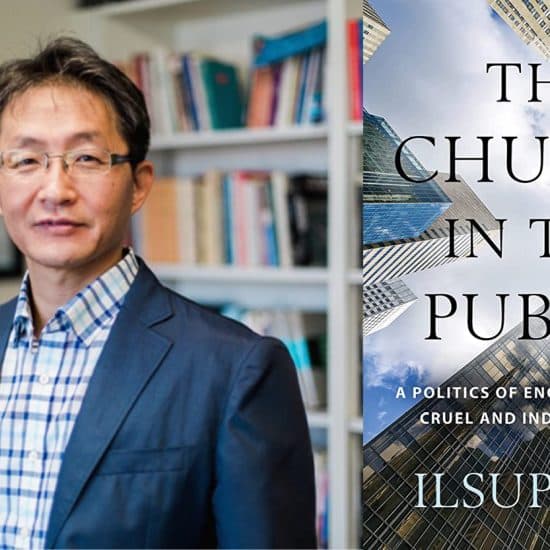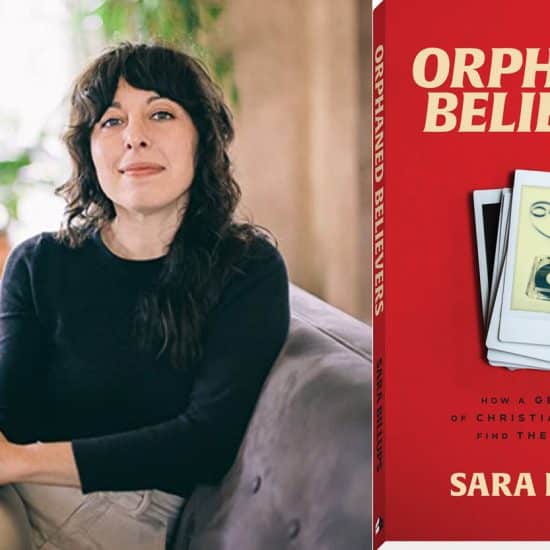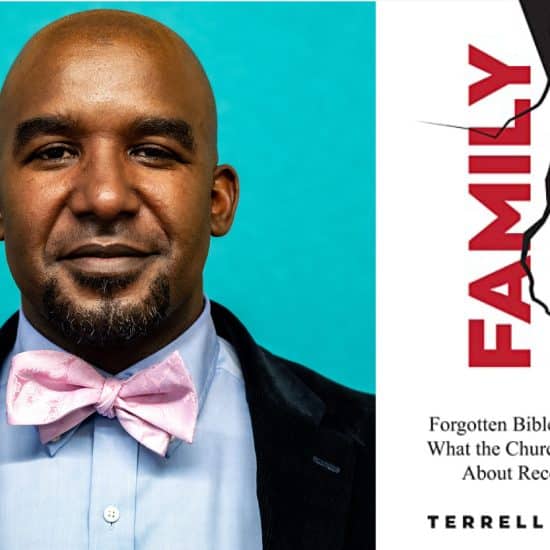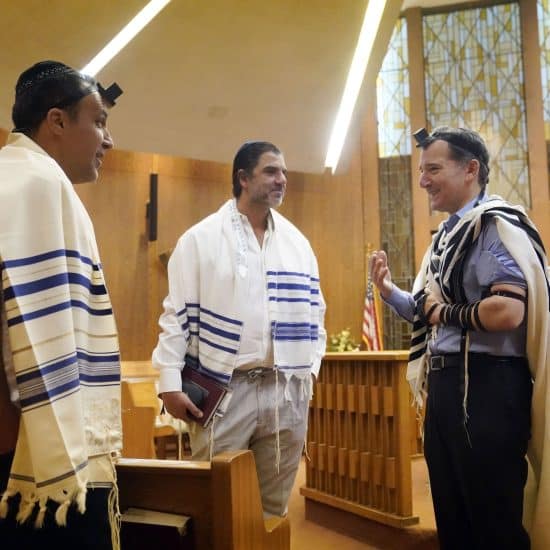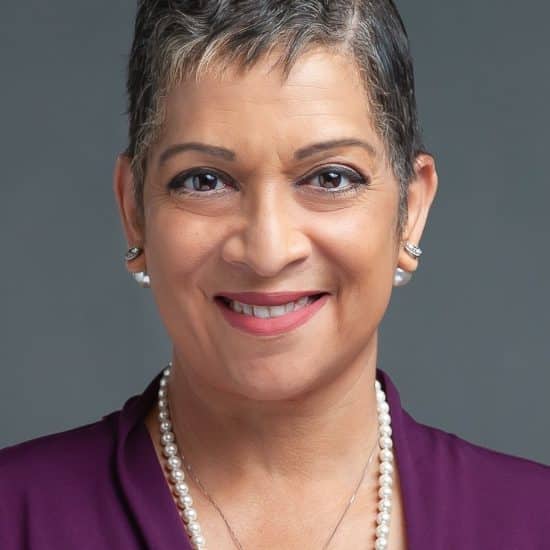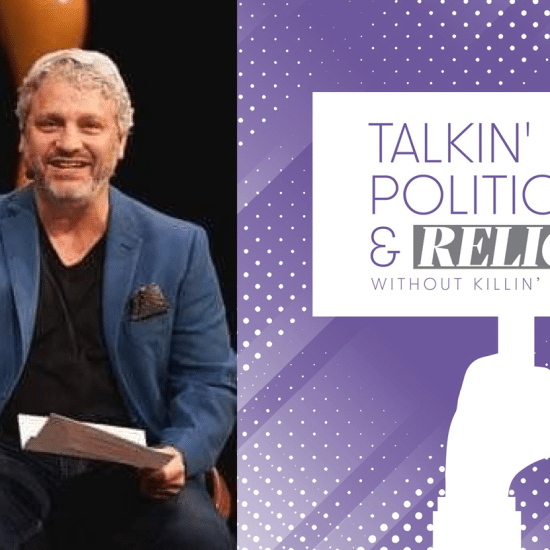WASHINGTON (ABP) — A church-state watchdog group has called on the Internal Revenue Service to investigate a church in Oklahoma for violating a law that prohibits tax-exempt charities from endorsing political candidates.
The church is one of the latest in an organized effort by a Christian conservative group that aims to change federal tax laws to allow political endorsements from the pulpit while churches retain tax-exempt status.
Barry Lynn, executive director of Americans United for Separation of Church and State, filed an IRS complaint against Pastor Paul Blair of Fairview Baptist Church in Edmond, Okla., on Sept. 28. That was two days after Blair, who is also founder of a conservative political action group called Reclaiming Oklahoma for Christ, used his Sunday-morning message to endorse Mary Fallin, a Republican congresswoman from the state, for governor.
"On Nov 2, as this God-fearing Oklahoman and patriotic American steps into the election booth, I will be casting my ballot for Rep. Mary Fallin for governor," Blair said to an applauding congregation.
Blair was one of 97 pastors across the country who preached political messages Sept. 26 in an organized effort to defy a 1954 amendment to federal tax law. The provision prohibits all non-profit entities organized under Section 501(c)(3) of the federal tax code from intervening in elections by endorsing or opposing candidates for public office. Virtually all houses of worship are tax-exempt 501(c)(3) organizations.
Lynn urged the IRS to "investigate this matter fully and apply the law."
"I believe that it is imperative for the IRS to investigate this apparent breach of federal tax law," Lynn said in his letter to the IRS. "Failure to do so sends a message that religious and other nonprofit organizations may violate this provision of federal tax law with impunity."
Organized effort to challenge tax law
The Alliance Defense Fund, a conservative group behind the third annual Pulpit Freedom Sunday, believes that if challenged in court the prohibition on preaching about candidates would be found unconstitutional. The emphasis, in its third year, is part of a larger ADF Pulpit Initiative, a legal effort to secure First Amendment rights of pastors in their pulpits.
"Pastors and churches shouldn't live in fear of being punished or penalized by the government — in this case, the IRS," said Erik Stanley, ADF’s senior legal counsel.
Other church-state experts, however, say the issue isn't so cut and dried.
Hollyn Hollman, general counsel of the Baptist Joint Committee for Religious Liberty wrote in the Huffington Post that Pulpit Freedom Sunday rests on both a "false premise" and a flawed legal argument unlikely to succeed.
Hollman said religious organizations receive special treatment under Section 501(c)(3), allowing donors to deduct donations as long as the charity does not spend a substantial part of its time attempting to influence legislation and intervene in political campaigns.
She said claims that preachers are muzzled under the law are "greatly exaggerated."
"Preachers are perfectly free to interpret and apply Scripture as they see fit, speak out on the great moral and ethical issues of the day, and urge good citizenship practices, such as registering to vote and voting," Hollman said. "The only thing they can't do — in exchange for the most-favored tax-exempt status — is to tell the faithful how to vote."
Despite claims to the contrary, Hollman said, tax exemption is not a constitutional right.
"The Supreme Court has held that tax exemption for churches, along with other non-profits, is constitutionally permitted by the First Amendment's Establishment Clause," she contended. "The Court has never held that it is constitutionally required by the Free Speech or Free Exercise Clause."
Hollman said she doubts that even-handed enforcement of the tax code would be found to constitute a "substantial burden" on religious practice — the standard required to prevail on a First Amendment claim.
Effort called ‘unnecessarily divisive’
Brent Walker, executive director of the Baptist Joint Committee, called the effort to recruit pastors to endorse candidates "misguided" and "unnecessarily divisive."
"In every church I know of, it would be like setting off a bombshell in the sanctuary for the preacher to tell the congregants how to pull the lever in the voting booth," Walker said. "It would be incredibly corrosive of the church’s true mission to spread the gospel and be salt and light in the culture."
"As soon as the church throws in with a particular candidate or party, its prophetic edge is blunted," Walker said. "You can't raise a prophet's fist at a candidate or party when with the other arm you are locked in a tight bear hug."
Hollman said the effort also raises ethical concerns: "Should pastors be writing sermons with a purpose of provoking a legal challenge? Should lawyers sworn to uphold the law be organizing a campaign to get ministers to break it? Surely churches, no more than other entities that are organized for religious and charitable purposes, should not act as political committees without complying with laws that govern those entities."
The Alliance Defense Fund says the project isn't aimed at bringing politics into the pulpit, but rather getting the government out of them.
"Churches should be allowed to decide for themselves what they want to talk about," Stanley said. "The IRS should not be the one making the decision by threatening to revoke a church's tax-exempt status."
Stanley thanked pastors for participating in this year's event and expressed hope the effort "will eventually result in striking down the IRS' unconstitutional gag rule."
-30-
Bob Allen is senior writer for Associated Baptist Press.

